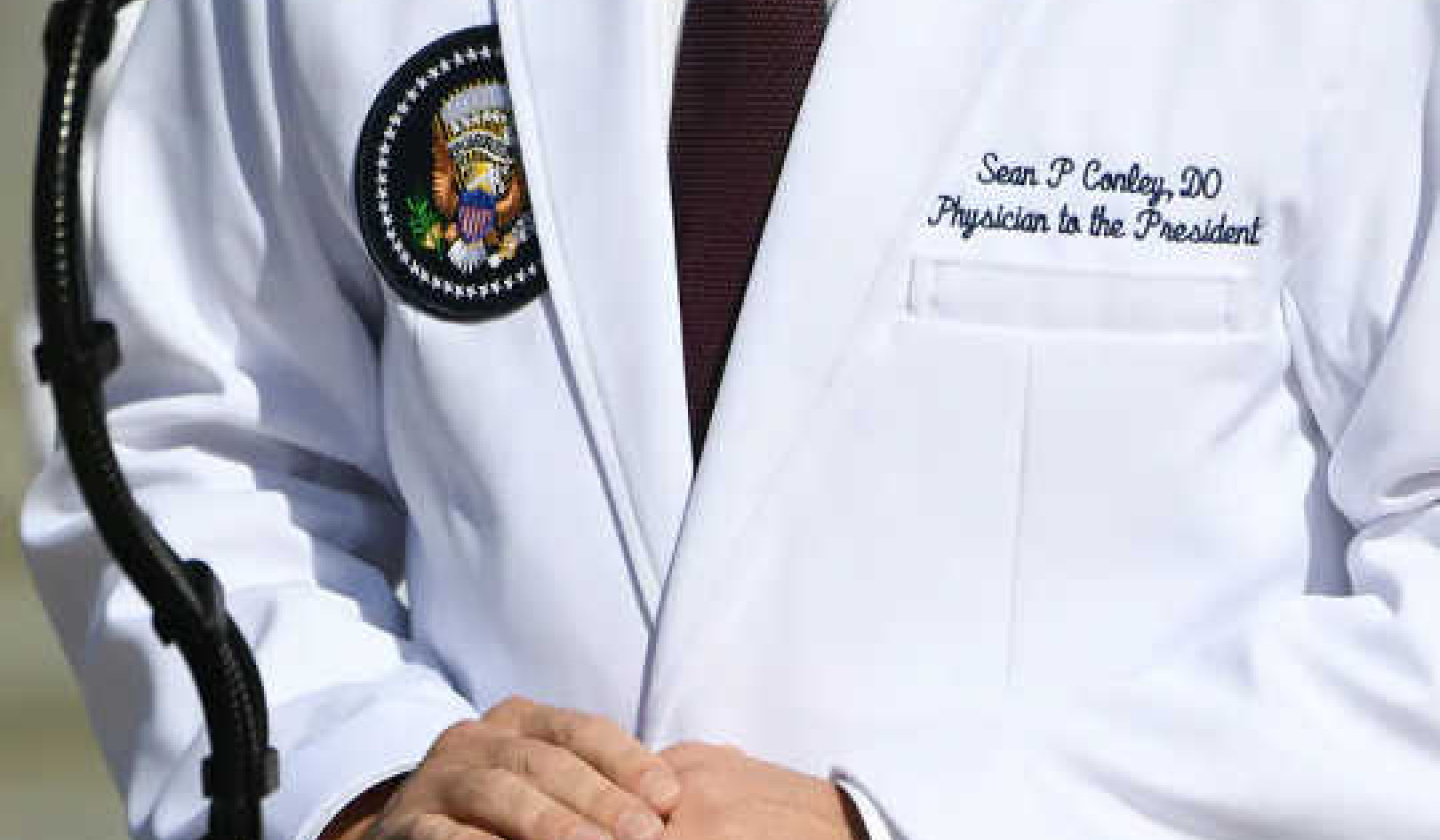
A few things to know before you head out for a job interview. fizkes/Shutterstock
Getting a new job can be tough.
I know this not just because of my own research as a professor studying the intersection of business and ethics, but also because of the countless candidates I interviewed for major firms in my previous career. It’s this experience I bring to mind as I consider a question I’ve seen and heard asked recently: When is it ethical to lie in a job interview?
Philosophers and ethicists have identified many schools of thought around what makes a certain action ethically “good” instead of “evil.”
Here are three, from my perspective, that can guide us as to what is right or not about lying in job interviews.
1. What if everyone lied?
Let’s start with an approach called deontology. Deontologists believe what makes something good or evil is the structure of the act itself.
The philosopher Immanuel Kant summed this up in his “principle of universalizability,” which summarizes ethics down to a simple question: “If everybody did the same thing, would the action defeat its purpose?”
For instance, if everybody stole, then the concept of property would be meaningless. Therefore, stealing is immoral. If everyone disrespected one another, then nobody would have any respect, so disrespecting others is immoral.
And coming back to job interviews, if everyone lied, then nobody could be trusted, and hiring decisions would become even more arbitrary and random. In essence, deontology explains that lying is always wrong because if everyone lied, human communications would break down entirely.
2. Is greater good an argument?
But what if someone had a good reason to lie in a job interview? Perhaps the person was out of a job and had children to support. In that case, he or she might consider that lying during an interview was outweighed by the greater good of providing for one’s family.
This approach uses a more consequentialist point of view, in which it’s not the nature of the act that makes it moral or immoral, but the consequences of it.
Philosophers like John Stuart Mill and Jeremy Bentham, for example, argued that if an act produces a meaningful good for a meaningful number of people, while limiting harm to others, then the act must be a moral one.
Consequentialism suggests that even a seemingly evil act can be morally right if it leads to good outcomes for the most people. In this philosophical approach, one might justify stealing from the rich to give to the poor, or even killing someone who was a threat to others.
So how does this relate to a job interview?
There’s no way to perfectly judge this, but the answer, I argue, will generally be no. The benefits of personally gaining a job and income must be weighed against the harm caused to the individual who would have received the job had the lie not been told. That is, if you obtain a job by lying, you’re denying it to the more qualified person who would have otherwise earned the job.
Individuals have to also factor in the harm they are doing to their new coworkers, their managers and the owners of the company, who may be counting on them to have skills or experience they don’t have.
3. Will it really benefit you?
Finally, individuals have to examine the degree to which the job will realistically benefit them in the long term. To address that, let’s look at a third moral standard: that of the ethical egotist. The ethical egotist has a rather different approach to morality, believing that the right thing to do is whatever helps him or her get ahead.
Abstract rules of morality are less important to the egotist than doing what’s best for themselves. It is from this perspective that lying in a job interview most often occurs,
Therefore, the only question on the ethical egoist’s mind would be how much benefit they could receive from lying in a job interview. Research indicates that even from this perspective, it’s not a good idea to lie.
When people lie in a job they are most often inflating their match with the job’s requirements and claiming skills they don’t really have. A review of research in 2005 identified nearly 200 studies concluding that people were less happy when there were in a job that did not fit them. They also performed poorly.
In short, lying in a job interview increases the chance that people might end up right back on the job market. And in today’s digital world, there is also a high risk of being found out.
Yet, some people do lie in job interviews and there are many articles that push people into believing that on some things, it can be the right thing to do.
But according to the research, there’s no moral perspective – not even looking out for your own good – that supports the idea of lying in job interviews.
Editor’s note: This piece is part of our series on ethical questions arising from everyday life. We would welcome your suggestions. Please email us at
About the Author
G. James Lemoine, Assistant Professor Organization and Human Resources Department, University at Buffalo, The State University of New York
This article is republished from The Conversation under a Creative Commons license. Read the original article.

Related Books:
What Color Is Your Parachute? 2022: Your Guide to a Lifetime of Meaningful Work and Career Success
by Richard N. Bolles
This book offers a comprehensive guide to career planning and job searching, providing insights and strategies for identifying and pursuing fulfilling work.
Click for more info or to order
The Defining Decade: Why Your Twenties Matter--And How to Make the Most of Them Now
by Meg Jay
This book explores the challenges and opportunities of young adulthood, offering insights and strategies for making meaningful choices and building a fulfilling career.
Click for more info or to order
Designing Your Life: How to Build a Well-Lived, Joyful Life
by Bill Burnett and Dave Evans
This book applies the principles of design thinking to personal and career development, offering a practical and engaging approach to building a meaningful and fulfilling life.
Click for more info or to order
Do What You Are: Discover the Perfect Career for You Through the Secrets of Personality Type
by Paul D. Tieger and Barbara Barron-Tieger
This book applies the principles of personality typing to career planning, offering insights and strategies for identifying and pursuing work that aligns with your strengths and values.
Click for more info or to order
Crush Your Career: Ace the Interview, Land the Job, and Launch Your Future
by Dee Ann Turner
This book offers a practical and engaging guide to career development, focusing on the skills and strategies needed to succeed in job searching, interviewing, and building a successful career.
























